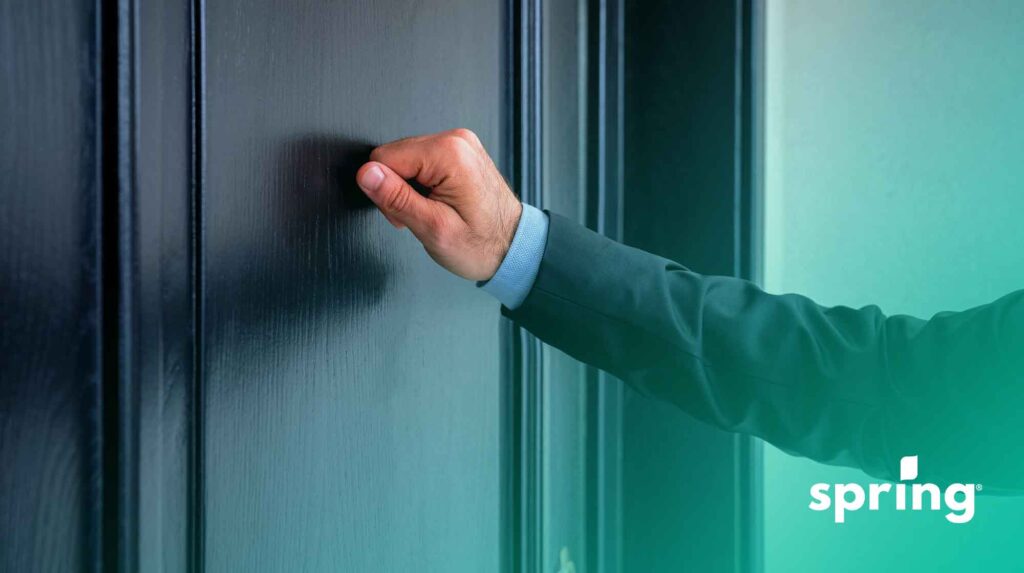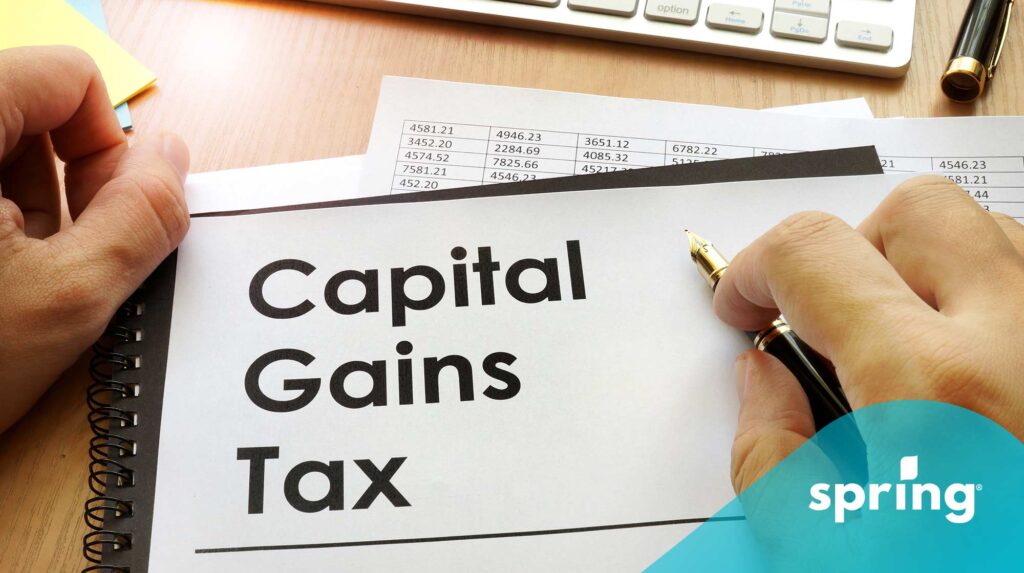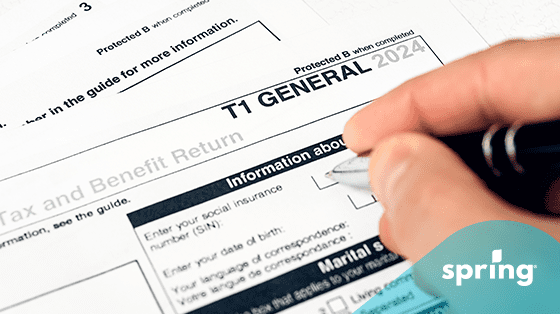Unfortunately, there are many scammers out there, so you want to be sure that you’re giving the funds to the right person and verify that your debt gets paid off.
When it comes to verifying that your debt collector is legitimate, there are a few ways that you can do this. Let’s go over some of the ways that you can verify that your debt collector is legitimate.
How Debt Collection Notice Should Be Made
In Canada, a debt collector can’t just start calling you to collect your debt. First, they must send you a formal written notice informing you of your debt. This is referred to as a validation notice or a validation letter. Once that’s completed, they then have to wait 5 business days before starting to call you.
The only exception to this is if the collection agency is calling to confirm your mailing address, but they cannot discuss the debt with you until they’ve sent the formal notice. When the debt collector sends you a formal notice, there’s certain information that should be included. This information is:
- The type of debt you have
- Who you owe the debt to
- The amount you originally owed
- The amount you currently owe
- The name and contact information for the collection agency
Most debt collection agencies won’t offer up a breakdown of the debt that you owe, but they will provide one if you ask for it.
Debt Collectors But No Debt
If you start receiving calls from debt collectors saying you owe money,, but you haven’t received the formal notice yet, then it’s best to not give them any information. While it could be the case that the letter was just sent to the wrong address, it’s more likely that you don’t have any debt and are getting scam calls. It’s recommended that you don’t send them any money or answer their questions unless you can verify that the debt they’re claiming is legitimate.
Fake Debt Collection Calls
Unfortunately, scam debt collection calls are becoming more and more common. These calls are made at random, but the scammers often know the basics of your personal information in order to make themselves seem like a legitimate collection agency. That said, there are some tell-tale signs that can help you spot fake agencies.
One of the biggest warning signs that the agency may be fake is that the agency asks to be paid through a money transfer or a prepaid card and to pay immediately. This is strange behaviour for a real collector. Real collectors understand it may take you a few days to get the funds that you need. They also wouldn’t ask for the funds in these particular forms. The funds would typically be paid through your bank directly to your agency.
Another red flag that the agency calling you may be fake is how they speak to you on the phone. Real debt collectors in Canada have certain rules from the Financial Consumer Agency of Canada that they have to follow when it comes to attempting to collect a debt. These are known as fair debt collection practices.
- They can’t use threatening language.
- The information they give you has to be accurate and can’t be misleading.
- They can only call your employer to confirm employment.
- They can only call family members to get a current telephone number.
- They can’t be unethical or use pressure tactics.
- They can only call Monday to Saturday, 7 am to 9 pm.
- They can call on Sundays between 1 pm and 5 pm.
- They can’t call you on holidays.
Another thing that fake debt collectors do is threaten you into paying fake debts. They often threaten you with jail time, criminal fines, and other things to scare you into making immediate payments.
There are tons of debt collector scams out there that try to impersonate different agencies, so pay close attention to how they speak to you and what information they ask you for. While legitimate debt collector’s won’t take money from your bank accounts, fake debt collectors will.
Debt Collectors and Voicemails
When a debt collector contacts you, there are certain ways that are considered contact, and voicemail is one of these ways. The other ways are through email and actually speaking to you. A text message doesn’t count. Debt collectors are only permitted to make contact once every 6 business days. If they call and there’s no answer, and they don’t leave a message, that isn’t considered to be contact, so they’re able to call again.
When it comes to leaving voicemails, debt collectors are allowed, but they have to be sure it is private or not divulge any personal information. The information that legitimate debt collectors have is confidential, so it’s not to be given out to just anyone.
What Not to Tell a Debt Collector
When you’re speaking with a debt collector, it’s important to not give them any personal information. Things like your bank account information, credit card information and social insurance numbers are confidential information that your debt collector does not need to know. Any information that they need they should already have access to, and there should be no need for them to request more.
That said, collectors will ask you to confirm certain information in order to confirm your identity. However, it’s your decision what you choose to divulge. Unless you know the debt collector is legitimate, it can be unnerving to give them any personal information, including your name. That said, if you’ve verified the collector, you can verify your personal information without giving over any sensitive information.
One of the main reasons you need to be so careful is that fraudulent debt collectors use your financial information to get you to pay fraudulent accounts. They can also use this information for identity theft.
How to Verify a Debt Collector and Your Debt
When you receive your letter from the debt collector, it should contain all of the information you need in order to look up and verify the legitimacy of the collection company. That said, sometimes these letters do get lost, but you don’t have to give the collector any information if you aren’t comfortable.
When you receive phone calls from a debt collection agency, you’re able to ask them for their company name, street address, phone number and email. Once they provide you with this information, you can then do your own research to verify their legitimacy.
The agency can also provide you with the information that you need to verify your legitimate debts. They can give you the name of the original creditor and the about; from there, you can contact them to verify that they’ve passed on your debt to the collection agency.
The final way to check whether or not your debt is on your credit report. Once a debt has been given to a debt collector, it will then be sent to the credit bureaus, and you’ll be able to see it on both your credit reports. You can check your free credit reports online or check with the credit bureaus directly.
Overview
Whenever you receive a call from someone claiming to be a debt collector, it’s important that you verify whether the collector is legitimate before you send them any funds or give them any personal information. While not all debt collectors are scammers, there are many debt collection scams out there that are looking to trick you into giving you their funds, so you want to be sure you’re giving your money to the right person.
Licensed debt collectors in Canada have rules they have to follow when it comes to contacting you. These rules are what differentiates those who are scammers from those who are legitimate. By asking a few simple questions, you can get the answers you need and decide if the collector is legitimate or not.









